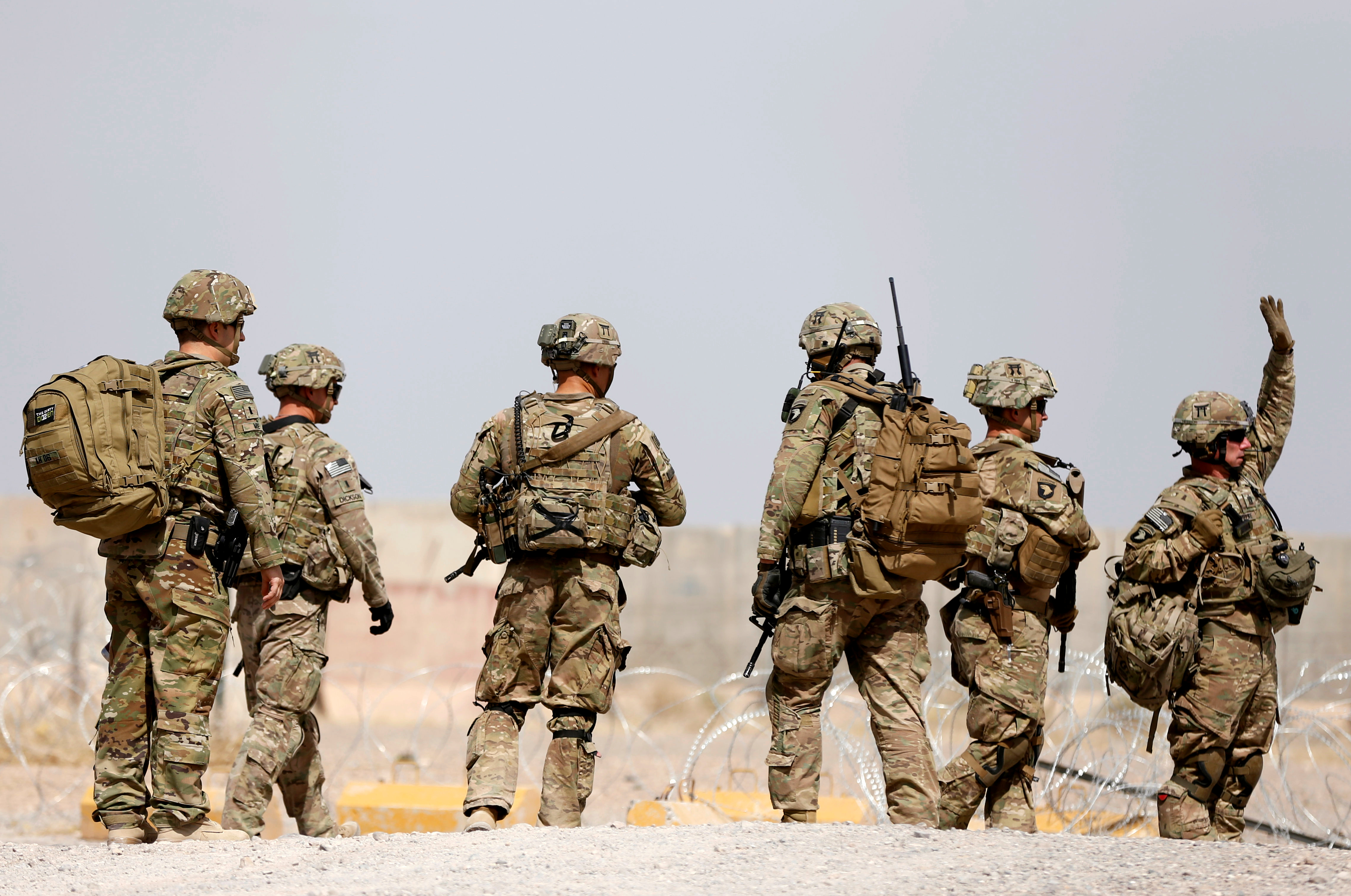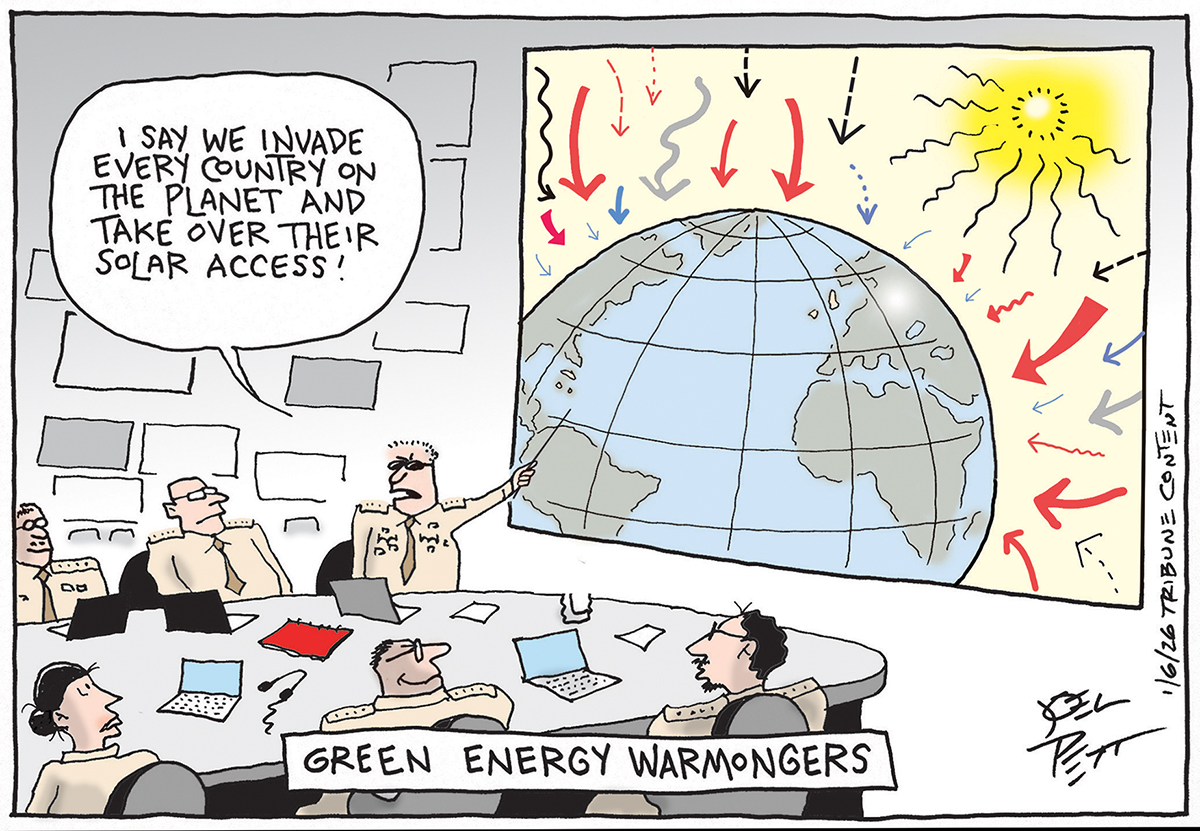America's failure in Afghanistan is going to be worse than Vietnam
Trump is absolutely right to be furious over America's losing war effort


President Trump is furious about Afghanistan. You should be too — not that it will make much of a difference.
Without a major, top-down change in policy — the kind that can't be brought about by slathering on a fresh coat of public outrage — America's war in Afghanistan is going to wind up worse than Vietnam. But rather than just Vietnam's costly loss and fallen domino, our failure in Afghanistan will leave behind a geopolitical cesspool for the ages.
Some Trump critics fret that the president is handing too much power to a veritable shadow-junta of generals. But in the White House, the president is chewing them out for offering little more in the way of strategy than warmed over Obamaisms. Trump sent National Security Adviser H.R. McMaster and his not-so-populist staff "back to the drawing board on the Afghan plan and parts of the still-evolving Iran plan," as The Daily Beast reported, "griping in essence that doing the same thing as before and expecting a different result is the platitudinal definition of insanity." No matter how unhinged some Americans consider Trump himself to be (or how unable to actually use a word like "platitudinal"), his judgment on this count is tough to question.
The Week
Escape your echo chamber. Get the facts behind the news, plus analysis from multiple perspectives.

Sign up for The Week's Free Newsletters
From our morning news briefing to a weekly Good News Newsletter, get the best of The Week delivered directly to your inbox.
From our morning news briefing to a weekly Good News Newsletter, get the best of The Week delivered directly to your inbox.
Worse, the Pentagon all but concedes that there just aren't any good ideas anymore on how to escape from Afghanistan with anything resembling a win. "Trump pointed to maps showing the Taliban gaining ground," NBC News reported, citing a senior administration official. Defense Secretary James Mattis "responded to the president by saying the U.S. is losing because it doesn't have the strategy it needs." If it was up to Trump personally to prepare himself for the peril of trying to govern with neither party establishment behind him, how could any president prepare for an institutional failure so grand in scope?
Truth be told, Afghanistan has become a veritable beacon for zombie institutions and schools of thought. Our military planners aren't the only ones reduced to shambling weakly ahead into the fog. Semi-embattled nationalist adviser Stephen Bannon wants Trump to give a hearing to Erik Prince, whose concept for breaking the Afghan curse involves removing U.S. troops and replacing them with privately contracted soldiers and airmen. But the merits of such a "mercenary" plan, whatever they are, will probably never be tested. While the generals, and a big chunk of voters, see it as an intolerable challenge to the turf and the honor of the U.S. military, neither the brass nor the electorate will allow themselves to imagine that the luxury of choice is far in the rear-view.
The result is a fatally imbalanced application of force around the world, with special forces bearing an unsustainable burden and no domestic constituency willing to do the grim or unnerving things it would take in Afghanistan to win. This shambolic way of war "is not just exhausting America's special operators," as Council on Foreign Relations senior fellow Micah Zenko recently noted; "it is wholly insufficient to comprehensively confront the underlying causes of militancy and terrorism."
Unfortunately, that grand objective is even further out of reach in Afghanistan than a mere military victory.
A free daily email with the biggest news stories of the day – and the best features from TheWeek.com
What would it take to win in Afghanistan? At this point, probably a risky and alien combination of private contractors, colonial-style civic occupation and institution-building, and a huge surge of drones backed with occasional heavy bomber support. But without some wild change in D.C. and across America, there is simply no way this will happen.
President Trump is nearly alone in his fury over the fate of the Afghan war, which so many are passively setting in stone. Unchanged, our seemingly open-ended grind will finally cease in a collapse of voter support — and the enemy's imposition of a U.S. exit strategy all its own.
James Poulos is a contributing editor at National Affairs and the author of The Art of Being Free, out January 17 from St. Martin's Press. He has written on freedom and the politics of the future for publications ranging from The Federalist to Foreign Policy and from Good to Vice. He fronts the band Night Years in Los Angeles, where he lives with his son.
-
 ‘No Other Choice,’ ‘Dead Man’s Wire,’ and ‘Father Mother Sister Brother’
‘No Other Choice,’ ‘Dead Man’s Wire,’ and ‘Father Mother Sister Brother’Feature A victim of downsizing turns murderous, an angry Indiana man takes a lender hostage, and a portrait of family by way of three awkward gatherings
-
 Political cartoons for January 11
Political cartoons for January 11Cartoons Sunday’s political cartoons include green energy, a simple plan, and more
-
 The launch of the world’s first weight-loss pill
The launch of the world’s first weight-loss pillSpeed Read Novo Nordisk and Eli Lilly have been racing to release the first GLP-1 pill
-
 Iran cuts internet as protests escalate
Iran cuts internet as protests escalateSpeed Reada Government buildings across the country have been set on fire
-
 US nabs ‘shadow’ tanker claimed by Russia
US nabs ‘shadow’ tanker claimed by RussiaSpeed Read The ship was one of two vessels seized by the US military
-
 How Bulgaria’s government fell amid mass protests
How Bulgaria’s government fell amid mass protestsThe Explainer The country’s prime minister resigned as part of the fallout
-
 Femicide: Italy’s newest crime
Femicide: Italy’s newest crimeThe Explainer Landmark law to criminalise murder of a woman as an ‘act of hatred’ or ‘subjugation’ but critics say Italy is still deeply patriarchal
-
 Brazil’s Bolsonaro behind bars after appeals run out
Brazil’s Bolsonaro behind bars after appeals run outSpeed Read He will serve 27 years in prison
-
 Americans traveling abroad face renewed criticism in the Trump era
Americans traveling abroad face renewed criticism in the Trump eraThe Explainer Some of Trump’s behavior has Americans being questioned
-
 Nigeria confused by Trump invasion threat
Nigeria confused by Trump invasion threatSpeed Read Trump has claimed the country is persecuting Christians
-
 Sanae Takaichi: Japan’s Iron Lady set to be the country’s first woman prime minister
Sanae Takaichi: Japan’s Iron Lady set to be the country’s first woman prime ministerIn the Spotlight Takaichi is a member of Japan’s conservative, nationalist Liberal Democratic Party
